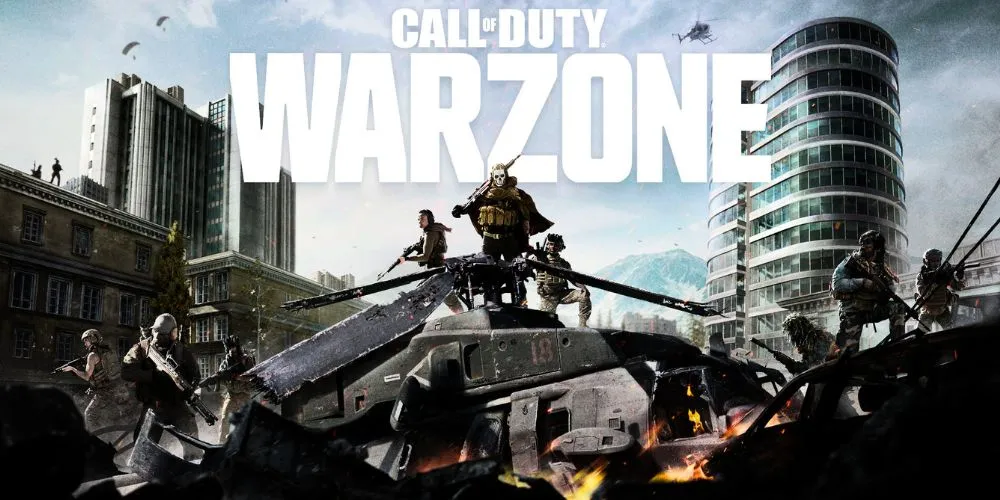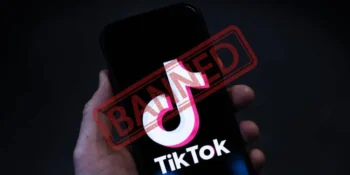Key Points:
- The lawsuit against Activision Blizzard alleges monopolization of the Call of Duty gaming market.
- Plaintiffs claim Activision’s actions restrict competition in Call of Duty leagues and tournaments.
- Activision denies the allegations and vows to defend itself against the claims.
- Allegations include Activision imposing restrictive contract provisions on teams and players.
A lawsuit has been filed against video game giant Activision Blizzard, accusing the company of unlawfully monopolizing the market for organized gaming involving its flagship franchise, “Call of Duty.” Professional gamers Hector Rodriguez and Seth Abner filed the antitrust lawsuit in Los Angeles federal court, claiming that Activision’s actions restrict competition in lucrative Call of Duty leagues and tournaments.
According to the lawsuit, Call of Duty, a first-person-shooter game introduced in 2003, has become one of the industry’s best sellers, contributing significantly to Activision’s annual revenue, which amounts to billions of dollars. The plaintiffs allege that Activision has monopolized the market for Call of Duty competitions, impacting the ability of other organizers to participate in the space.
The lawsuit is brought by Hector Rodriguez, Seth Abner, and HECZ LLC against Activision Blizzard Inc. in the U.S. District Court, Central District of California, with case number 2:24-cv-01287.
Activision responded to the allegations by stating that it would vigorously defend itself against the claims, asserting that they have no basis in fact or law. The company also mentioned rejecting a pre-lawsuit demand from the plaintiffs for tens of millions of dollars.
The lawsuit highlights Activision’s acquisition by Microsoft last year for $69 billion, a deal still under scrutiny by the U.S. Federal Trade Commission. Activision’s purchase of Major League Gaming in 2016, a leading Call of Duty competition organizer, is also mentioned in the lawsuit.
The plaintiffs argue that the Call of Duty competitive gaming market was vibrant and competitive until 2019, when Activision established its league. Allegations include Activision imposing restrictive contract provisions on teams and players, leading to the exclusion of certain entities from the professional Call of Duty market.
Last year, Activision settled a lawsuit with the U.S. Justice Department, which accused the company of suppressing gamers’ wages in professional esports leagues. Activision agreed to refrain from imposing salary caps as part of the settlement but did not admit wrongdoing.












